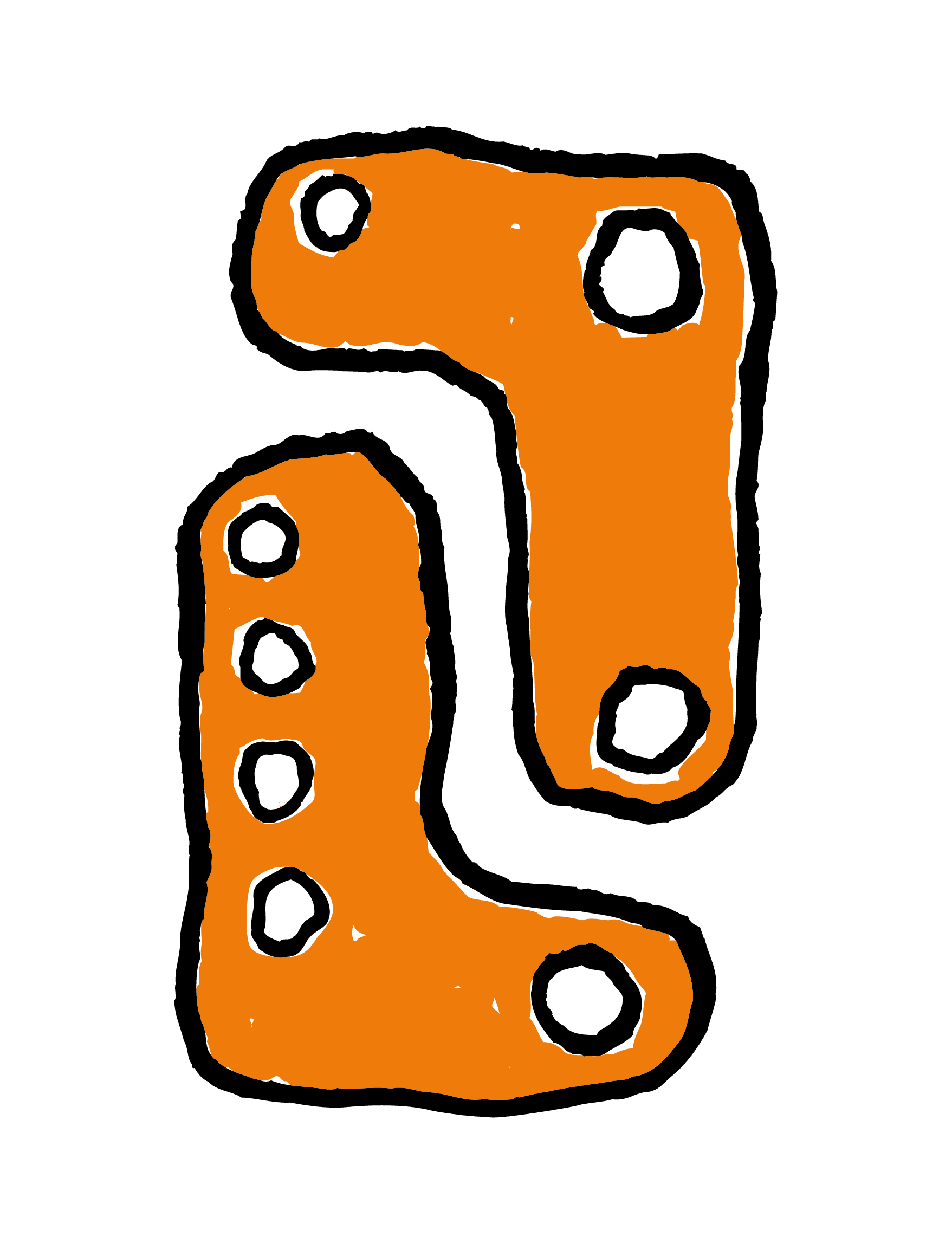Where we work
Facts about Brazil
Area: 8.55 million km.sq.
Climate: Tropical to temperate
Capital: Brasilia
Currency: Real
People: 53% European Descent, 34% Mixed Race, 11% African Descent, 1% Asian
Official Language: Brazilian Portuguese
Religion: 91% Christian (13% Evangelical), 5% Animist/Spiritist, 4% Other Faiths/None
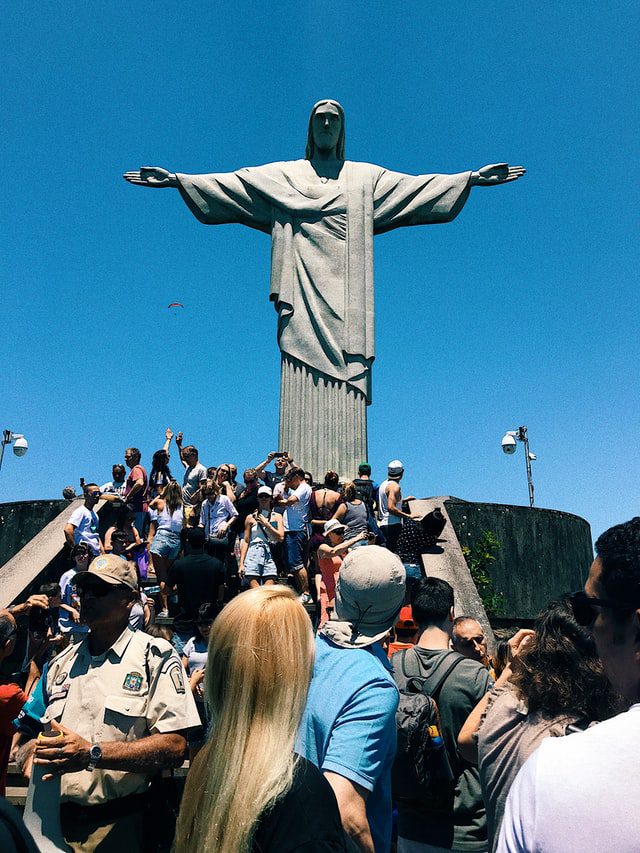
Geography and climate
Politics and economics
By far the largest and most populous country in South America, Brazil underwent more than half a century of populist and military government until 1985, when the military regime ceded power to civilian rulers. Brazil continues to pursue industrial and agricultural growth and the development of its interior. Exploiting vast natural resources and a large labour pool, it is today South America's leading economic power and a regional leader. Highly unequal income distribution and crime remain pressing problems.
People and society
Brazil has the largest population of Italians outside Italy, the largest population of Japanese outside Japan, as well as the second largest population of Germans outside of Germany (after only the United States). A characteristic of Brazil is the race mixing. Most Brazilians have some degree of European, African, and Amerindian ancestry.
Religion and the church
The number of Protestants is rising. Until 1970, the majority of Brazilian Protestants were members of "traditional churches", mostly Lutherans, Presbyterians and Baptists. Since then, numbers of Pentecostal and Neopentecostal members have increased significantly. Traditional African beliefs, brought by slaves, have blended with Catholicism to create Afro-Brazilian religions such as Macumba, Candomblé, and Umbanda. Amerindians practice a wide variety of indigenous religions that vary from group to group.
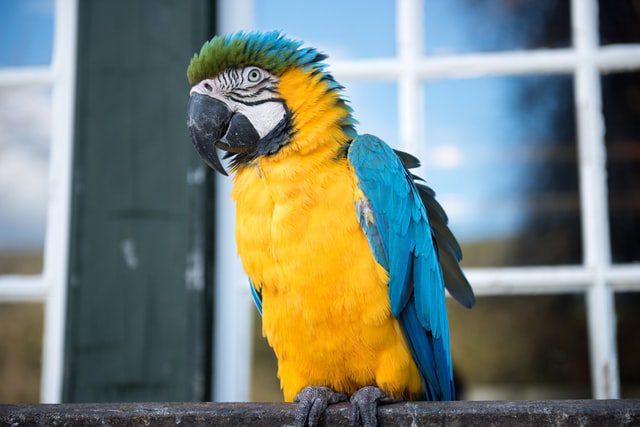
Latin Link's work in Brazil
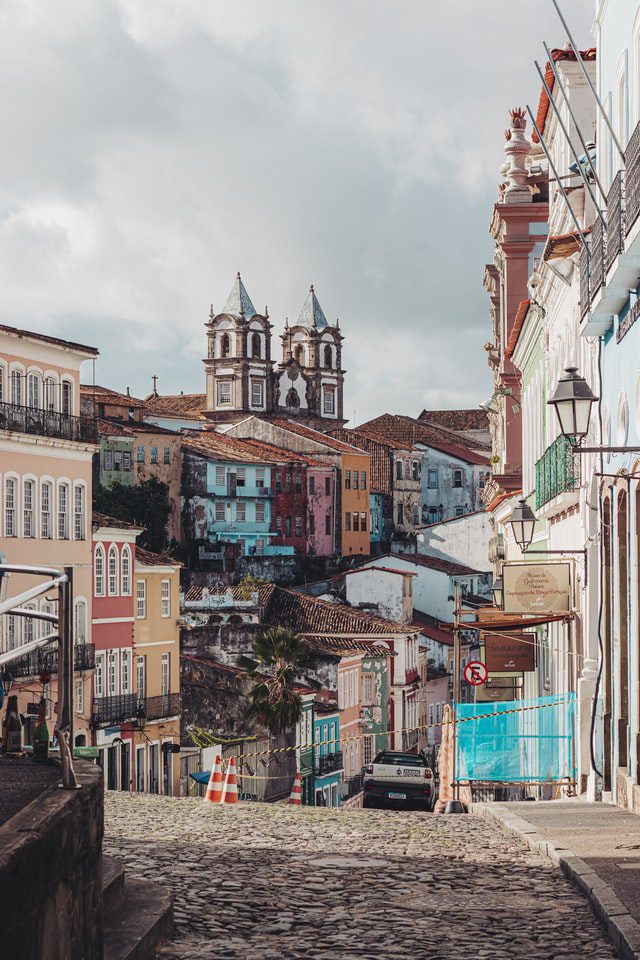
Meet our team in Brazil
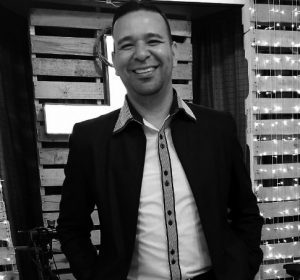
Ninger is a Venezuelan who has been resident in Brazil for five years. He lived in Recife for five years where he served with several churches. He now works with

Suz is working in Recife at the Proyecto Valle/Rama (Valley Project). This is a Christian community based project reaching out to children, teenagers and families. Her main focus is supporting

Beth is on Stride until October 2024, serving at a home for vulnerable children and adolescents in Anápolis. Her main responsibility is to disciple the teenage girls, helping to prepare

Dagmar started a two year Stride in Recife in June 2023. She has a heart to be part of the restoration journey of those passing through dificult times, using music
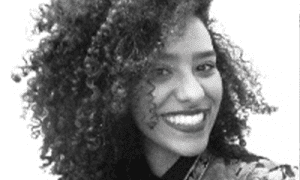
Raquel Lima is serving as a Youth and Community Worker at Forefront Community Church in Chard, Somerset as part of the community outreach team. She also supports Portuguese speaking youth
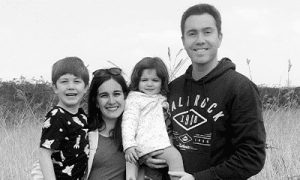
Lelmer and Renata Campos with Joshua and Bethany, are serving at Ebenezer Evangelical Church in Weymouth, Dorset where Lelmer serves as the Pastor. As well as preaching and church leadership,
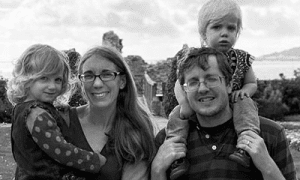
Tim and Hannah Flatman with Rita and Moses, serve at Betel Brasileiro church in Custódia, Pernambuco. They lead a church plant in Serra da Torre quilombola community: a predominantly Afro
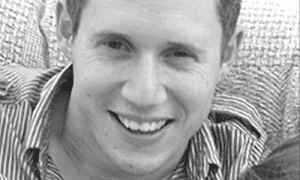
Paul Crothers works with Proyecto Valle/Rama (Valley Project) in Recife. It is a Christian community-based project reaching out to children, teenagers and families. Paul will be on home leave between
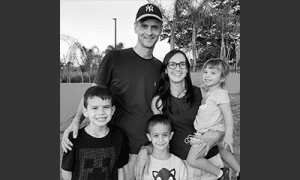
Phil and Carolina Rout with Benjamin, Samuel and Joanna, live on the campus of the Seminário Teológico Cristão Evangélico do Brasil (the seminary of the Igreja Cristã Evangélica do Brasil
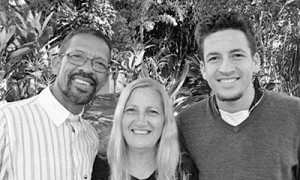
Izaías and Ruth Daniel de Assis
Izaías and Ruth work in Ceará state in rural northeast Brazil. They are involved in church planting and mission ministry using music, dance, sport, discipleship and drama. Their son, Jonathan,
Mission opportunities in Brazil
To find out more about mission in Brazil, please browse our opportunities or contact us.
Education and Training
Brazil
Identify and organise opportunities for Step teams and Striders throughout Brazil. You will be researching new Step and Stride projects and assessing their viability.
